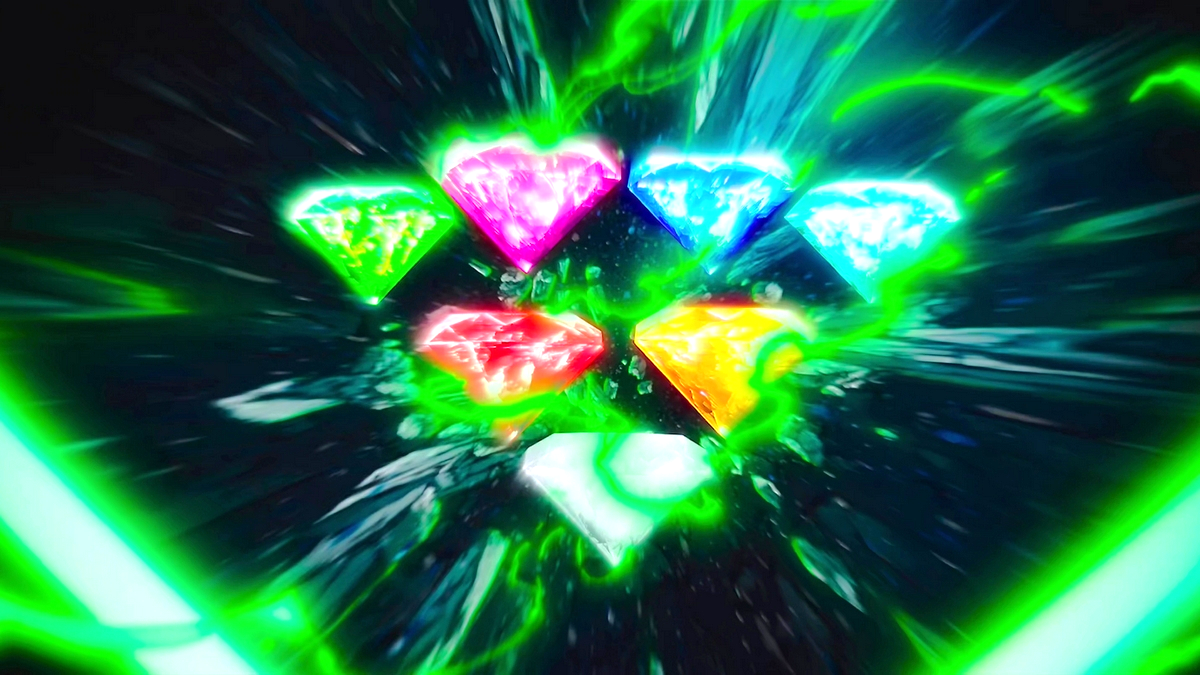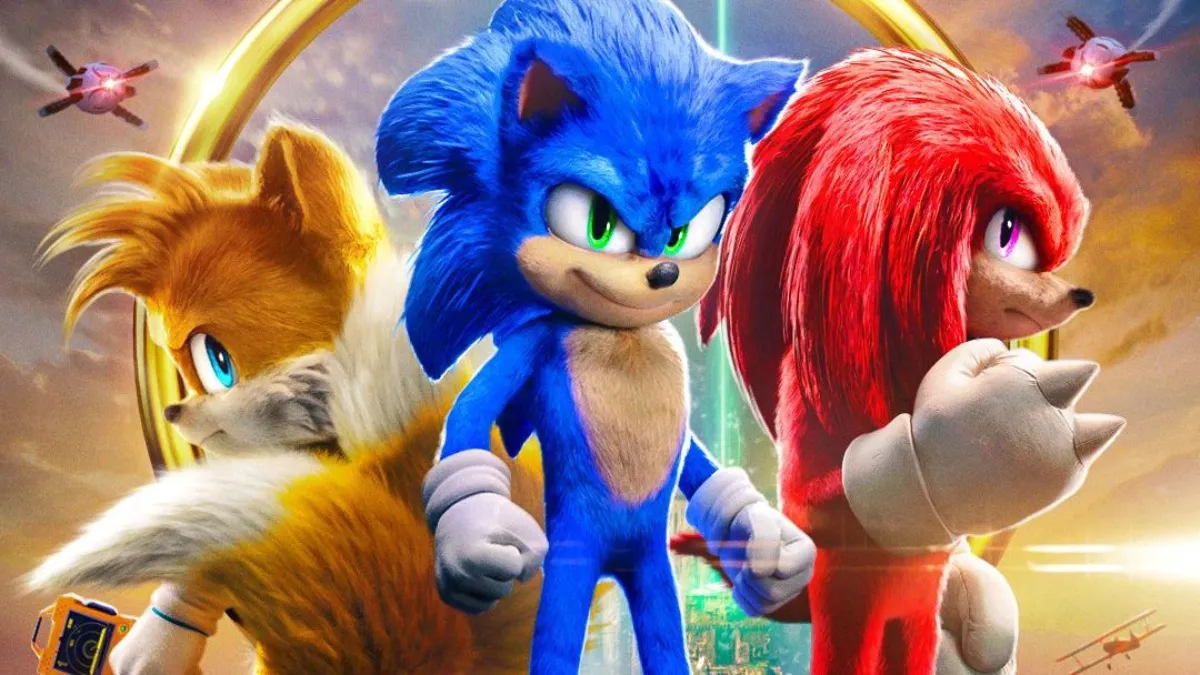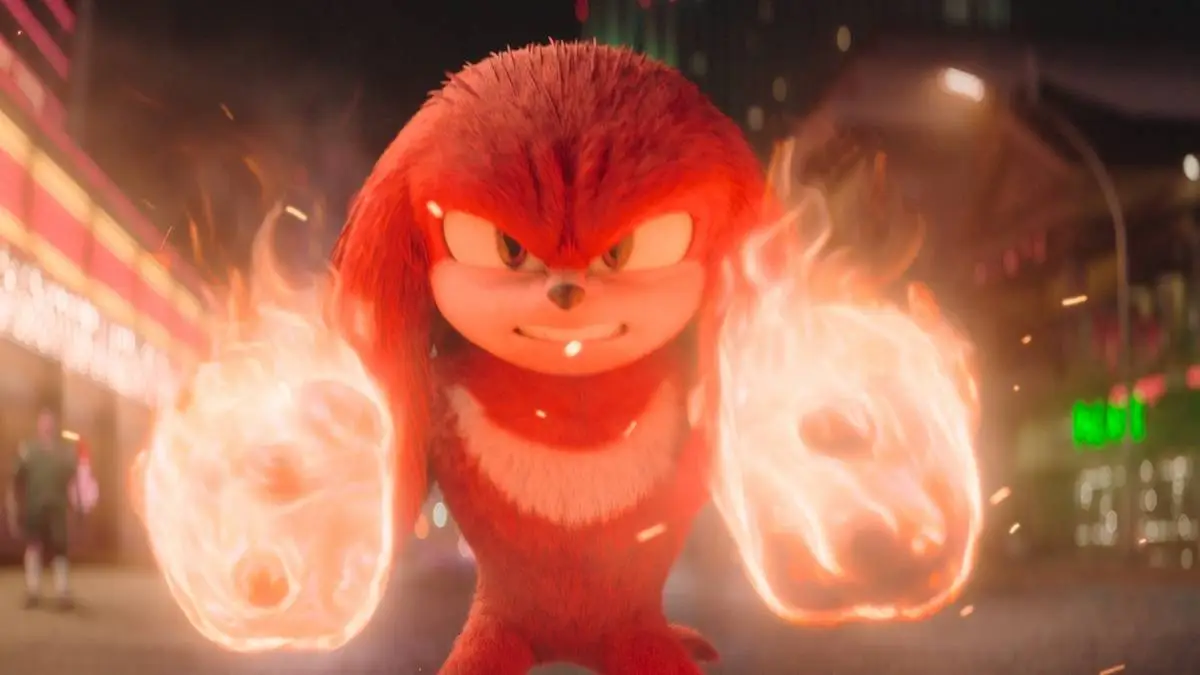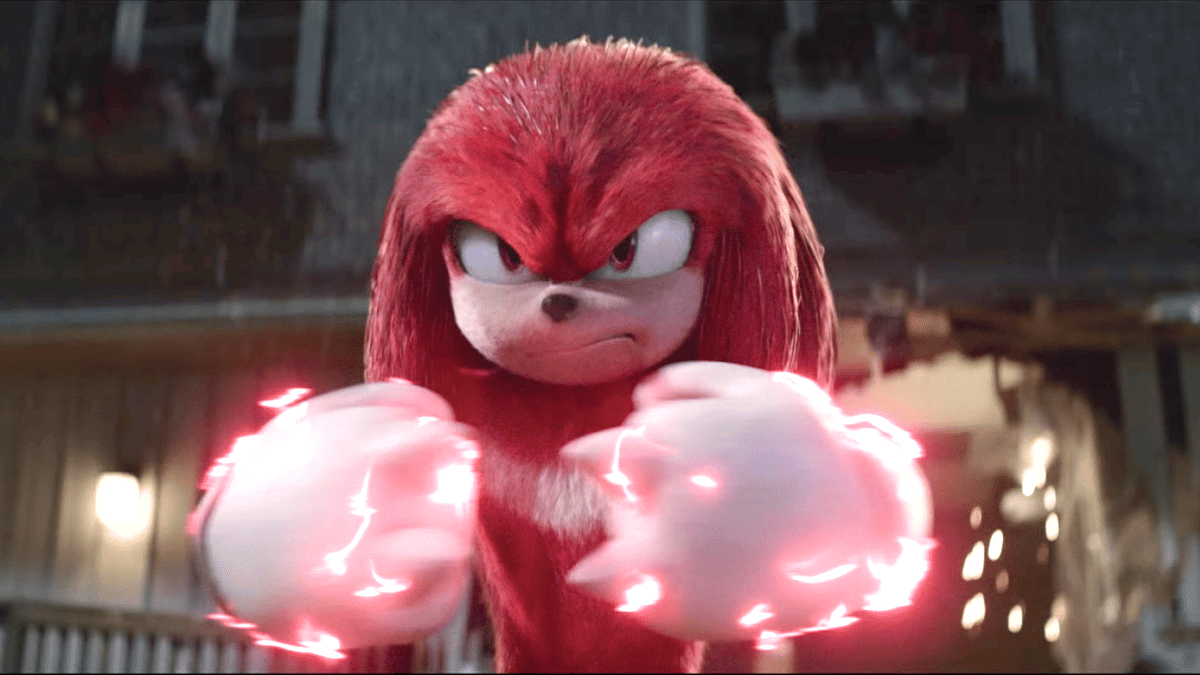I just flew in from Kamurocho, and boy, are my arms tired!
I don’t like fighting games. I don’t like beat ’em up games. I don’t like combo driven games. Judgment, Ryu ga Gotoku Studio’s latest title, is all of these things.
And yet, I really like this game.
What makes Judgment special is that it is so, so much more than beating the ever living crap out of bad men in leather jackets. I would wager that at least half of my time has been spent doling out fist punishment to the “Street Thugs” (their words, not mine) of Kamurocho, but the other, much more meaningful chunk of my playthrough has been getting to know this wonderful, vibrant, and completely bizarre world. In between haymakers and the occasional suplex, I chased down a popstar’s wig blowing in the wind. After I got tired of delivering yet another well-dressed, sunglass-wearing bad guy unto my heavenly roundhouse kicks, I shopped in one of the many shops and bodegas littered around the city, meeting friends along the way. When things became too much, and I wanted a moment to myself, I put on a record in my office.
For longstanding fans of the Yakuza franchise, none of the scenarios I described above should come as a shock. Judgment loves to pull drastic tonal switches at the drop of a hat. It can go from hard-boiled-noir tale to a goofy, overextended Tim & Eric sketch, to just another relaxing hang-sesh with buds, and back again, in seconds — and it’s better for it. If it was kicks all the time, I probably would have bounced off immediately, but the absurdism bursting through the seams kept things fresh. It’s far from a perfect game — there are a number of mechanical issues and gross writing moments — but it felt good to steep myself in its unabashed earnestness and silliness.
Although Judgment is a separate entity, it’s set within the same universe as Yakuza, which I will be hereby referring to as the Yakuza Cinematic Universe, or Yakuverse for short. Instead of focusing on the tumultuous life of Kazuma Kiryu, the Shadow of Dojima, this game sets its sights on Takayuki Yagami, a private detective with a hell of a jawline and a preternatural gift for uppercuts. In a past life, Yagami was a talented lawyer famous for getting an accused murderer off the hook, which is a big deal. If you didn’t know (I sure didn’t), most criminal cases sent to trial in Japan end up with a conviction. When I say most, I mean practically all cases: Japan has a 99.9 percent conviction rate. So, when a young, handsome lawyer struts along and secures a not guilty charge for a suspected murderer, he quickly becomes a hot commodity. Unfortunately for Yagami, his stardom does not last long. As it turns out, the man he set free quickly thereafter murders his girlfriend and sets his house on fire. Yagami, rightfully distraught, trades his law degree in for a detective badge so he can more directly punish those that deserve justice.
Three years later, Yagami finds himself wrapped up in a serial killing case involving the Matsugane family, a subset of the Tojo clan. His old boss asks him to look into the case to see if he can find anything that was missed by the police. Needless to say, Yagami quickly becomes entrenched in the shadowy depths of the Yakuza as he struggles to discover the truth without getting himself killed.
It’s a compelling story, one that is always in danger of becoming trite but consistently pulls itself back from the edge. Judgment takes a lot of cues from detective shows before it, namely in the way it builds out its story beats and provides insight into Yagami’s thoughts and morality. Tension builds slowly, and as more and more clues are given and details begin to unfold, Yagami is there every step of the way to comment through inner dialogue or assert his (often hypocritical) world view. The pace is methodical, with each quest filling in a tiny sliver of the full picture. And then, toward the end of each chapter, pressure begins to squeeze through the gaps until it inevitably comes tumbling down, much like a season finale.

Every part of the narrative fits snugly with another piece, and Yagami is the angsty, morally ambivalent glue that keeps it all together. At the end of the day, I think I like him. He’s the kind of guy that I would invite over for a drink, and then quickly ask to leave after he becomes too drunk and starts lecturing me about my “radical opinions”. He certainly means well but will often trip over his own complexities and contradicting principals. If there was ever a time I felt pulled out of the action, it was almost always because something Yagami said. At one point he’s yelling at a former coworker about their “bad” choices, and on another, he’s working with dirty cops. He’s a hypocrite, which was a glaring issue in a detective drama that often relies on the goodness of its main protagonist. I could never be mad at him for too long, though. I mean, the dude is hot as hell.
All of Yagami’s morally opposing choices quickly melted away once I started digging into the world. I loved getting to know the city. In many ways, familiarizing myself with Kamurocho felt like when I first moved to Philadelphia (go birds) eight years ago. Everything is new, colorful, exciting, and you never know when a strange man is going to ask you to help him find his tiger jacket. Perhaps most of all, it was overwhelming — Kamurocho may not be the largest city, but it is dense and vast in both personality and activity. There is something to do and people to meet on darn near every street. I can hang out at the batting cages, visit the Sega arcades, gamble, grab a drink at some of the low-key, speakeasy-esque bars, or talk to any one of the number of characters moving around the city. Eventually, the stress of a new metropolis became comfort as I got to know its many features and develop relationships with the people. There’s a cafe I like to go to across town from Yagami’s apartment. The hostess there is a friend, so there is a secret item on the menu that she serves just for me. Quiet, intimate moments like these are like a warm hug coming in from the cold: Cozy and familiar.
If that’s not interesting enough, I can always go on the prowl for some, uh, more aggressive activity. I’m trying to say that there are plenty of people to punch in the face. What’s a Yakuza game without light fighting? You would think the fighting would be light considering Yagami is an ex-lawyer with no formal martial arts training, but you would be wrong. For no reason at all, he is a very good fighter. He picked up a few things from his dad, but mostly he is “self-taught”, whatever that means.

As I mentioned at the start, I am not a fan of brawling games, but the combat in Judgment is simple enough that I never felt too bogged down by button combos. Yagami has two styles: Crane, used for groups, and Tiger, which is meant for one-on-one battles. The two play off each other well, and I found they kept things interesting. When his fists fail, you can pick up various items in the world to pummel your opponents, like traffic cones, pipes, or signs. Let me tell you, there is nothing quite like throwing a bicycle into the air and then flip-kicking it down into a man’s chest.
Sadly, though, the movement and controls are filled with jank, making it hard to maneuver Yagami into a position where I can actually use the skills I acquire. Every time I fought a boss, I tried to think strategically, only to succumb to frustration after running into a wall and button-mashing my way through the encounter. Whenever I tried to use a new ability, Yagami would either respond too late or move too much, completely messing up my setup. It’s as if Yagami thinks before he moves or overcompensates, which makes it a huge pain to string together combos. Pulling off one of the genuinely cool abilities seemed rare, and was almost always by accident. It’s annoying, and it put a damper on the frenetic flow. I don’t play fighting games often, but when I do, I need them to be tight and feel good, which Judgment misses the mark on a little too much.
But, like everything else that bugged me about the game, something incredible made me forget all about the issues I had with it — the strange characters I met in the city, or the cool shop I found in a back alley, or the absurd side mission I had wherein I litigated a matter between two coworkers over a slice of cake. I’m not kidding. It’s all so hokey and, well, fun, and it always gave me a reason to continue exploring Kamurocho.

The side quests aren’t all winners, and the writing on a particular mission made me feel gross, almost turning me off of the game entirely. Without spoiling anything, there are specific joke choices during a side quest that oscillate between kink shaming and straight up downplaying sexual microaggressions toward women for the sake of comedy. Up until I encountered this one specific quest, nothing in Judgment stood out as overtly egregious, especially not in this way. It didn’t just hamper my momentum, it absolutely killed it. If I wasn’t playing it for review, I would have stopped — at least for a while. The entire sequence was comedy writing at its worst, where the butt of the joke was specifically meant to punch down.
Judgment is a whirlwind. Though I experienced some unfortunate lows, I also had extreme, memorable highs. It’s a game that comes off as hyper-violent but is actually a deep, offbeat, and interesting meditation on what this medium can be if it’s willing to give into its weirder side. Despite the clunky controls and at times disappointing writing, I came away enamored by its atmosphere. Just like when I moved to Philly, I started off as a stranger in Kamurocho and ended up as something else. Maybe not a local, but a happy resident falling in love with a place more and more.
This review is based on the PlayStation 4 version of the game. A copy was provided to us by Sega.










